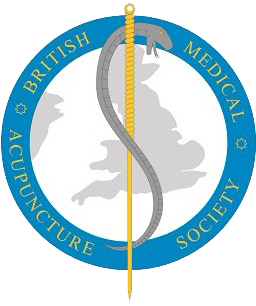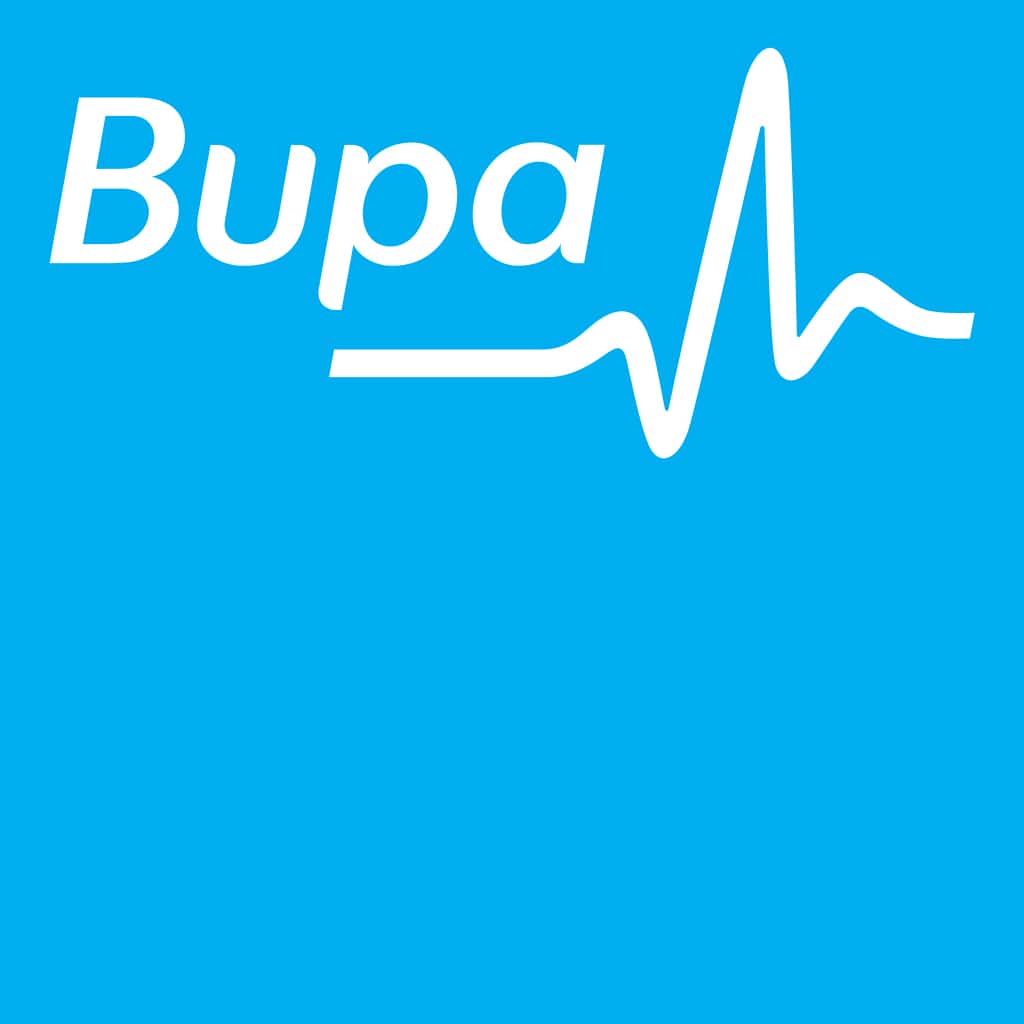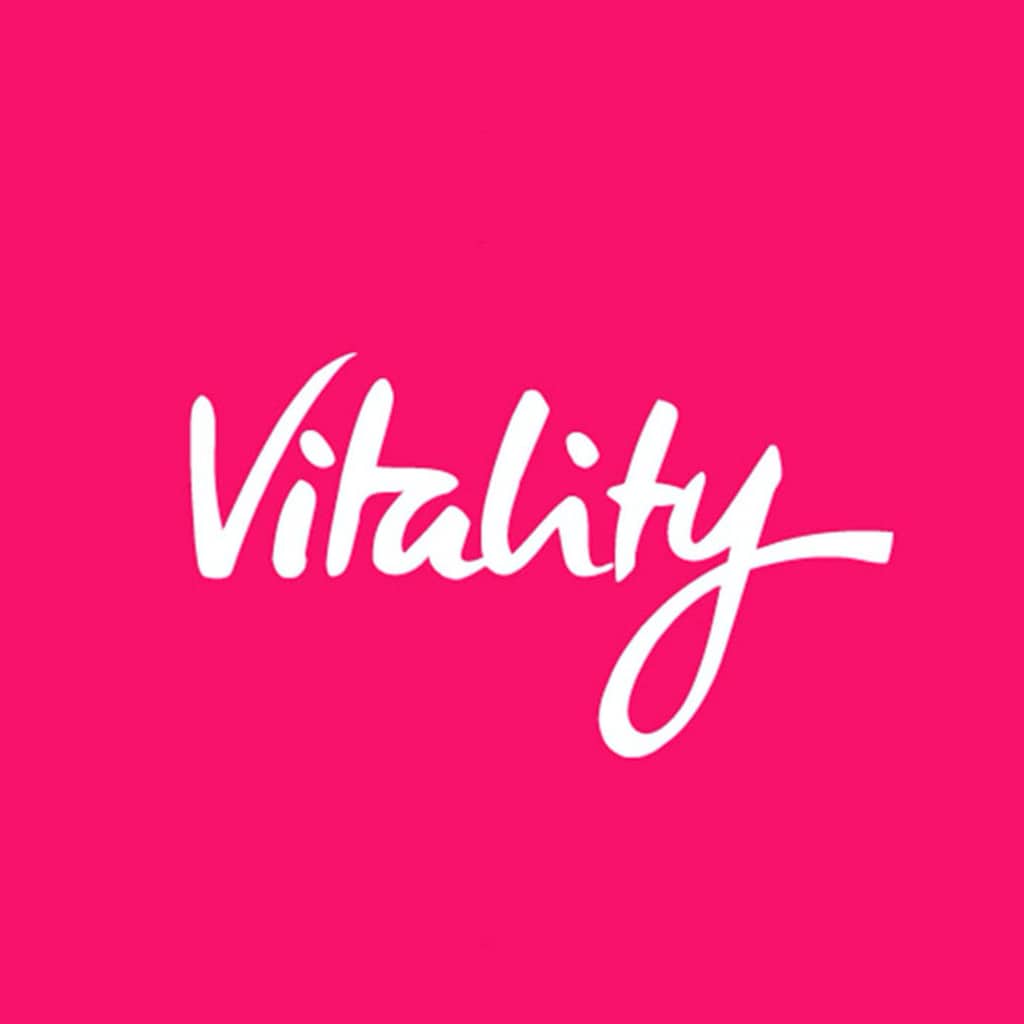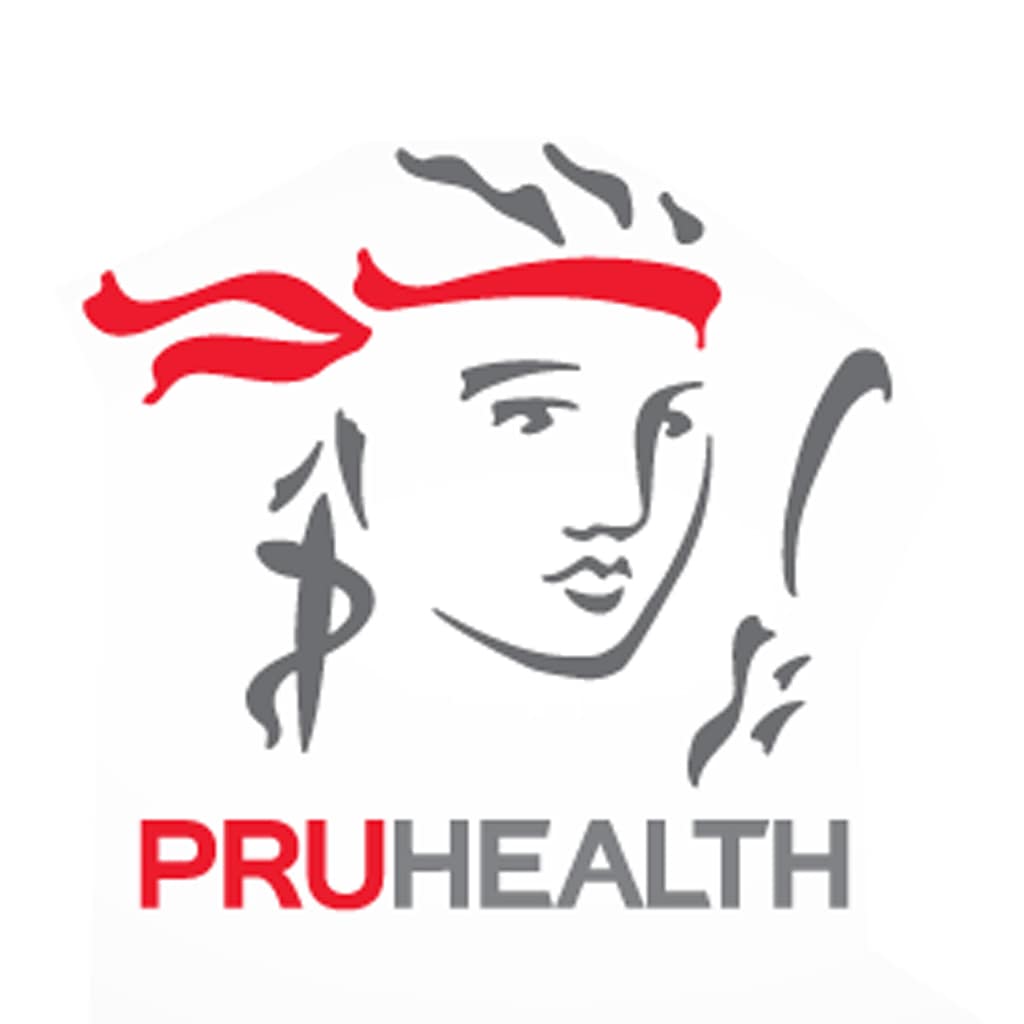Acupuncture
In the UK, there are two professional groups that practice acupuncture. One will have completed three years of Chinese traditional medical studies, the other group (which we fall into as osteopaths and physiotherapists) will have completed between 3 and 5 years of western medical studies and studied acupuncture as a post graduate study. The advantage of the latter is that we are fully aware of the body’s physiology and the effects that acupuncture can have on it, so you can be sure in the knowledge that you are in safe hands.
Acupuncture FAQ’s
Is acupuncture effective?
Acupuncture provides a fast effective route to pain relief, through the use of fine needles inserted into trigger points in muscles. It is so effective that is now recognised by NICE and the NHS as effective side effect free treatments for chronic pain.
In many cases we do not use acupuncture in isolation – it is only part of the treatment and is commonly used as an adjunct to osteopathy to ensure maximum healing potential.
What are the benefits of acupuncture?
There are now hundreds of clinical clinical studies on the benefits of acupuncture that show it successfully treats conditions ranging from back and neck pain to nausea, migraine headaches and chronic pain.
What does acupuncture actually do?
With medical acupuncture, the needles penetrate deep into knots of muscles, to relieve tension and increase blood flow to the region. They can hit stubborn knots with precision, even when the source of pain seems to be buried so deep as to be inaccessible to massage. Relaxing these trigger points can release long held pain. Because of their exact anatomical location on nerve pathways, they can also reach the roots of referred pain in, for example, whiplash or tension headaches.
What are the side effects of acupuncture?
Many people find acupuncture deeply relaxing. Drowsiness occurs after treatment in a small number of patients, and, if affected, you are advised not to drive.
There is a slight possibility of minor bleeding or bruising after the insertion of acupuncture needles.
Some people do faint during treatment but this is very rare. More serious side effects occur in fewer than 1 in 10,000 treatments.
Is acupuncture painful?
Sometimes not at all, sometimes a little.
People sometimes imagine that acupuncture needles are like those used to give injections. In fact, they are much finer – so fine that they pass between skin nerve endings. This means that most of the time there is so little sensation that you may not even know the needle has been put in or taken out.
Many patients feel relaxed once the needles have gone in, and the worst you are likely to experience is a short period of discomfort. Some points produce a dull, heavy feeling, others an ache, others a tingling feeling. If very tense muscles are being treated, you may feel a stronger discomfort or muscle twitch. Very occasionally, people feel faint during a treatment.
As part of our training, we’ve been needled hundreds of times. We won’t needle any points on you that we haven’t had demonstrated on us – so you can be sure we know exactly what it feels like!
Is acupuncture good for sciatica?
Sciatica pain is a symptom of an underlying medical condition of the lower back area that has been caused by degenerative disk disease (breakdown of the cushioning between the vertebrae) lumbar spinal stenosis (a narrowing of the spinal canal) , spondylolisthesis (a fracture on a vertebrae that causes it to slip forward over another vertebrae, pregnancy (as there is increased pressure on the lumbar spine) or herniated lumbar disk often referred to as slipped disk, a disk bulge or a trapped nerve (the cushion between the vertebrae is pushed to the out part of the spine).
Whilst acupuncture cannot treat the underlying cause of sciatica, it is an effective, side effect free way of treating the pain (in fact it pain relief was one of the main effects that bought acupuncture to the attention of western medicine). It is used to increase the blood flow to the affected area and relax the muscle around the lumbar vertebrae and to target the sciatic nerve to influence muscle relaxation and blood flow regulation along the pathway of the pain into the leg.
At Bucks Osteopathy and Physio we use acupuncture in combination with physical therapy to treat sciatica.
Is acupuncture good for back pain?
Most people who look for an acupuncturist do so because of back pain and research suggests that acupuncture is an effective treatment for this condition. Indeed acupuncture is now recommend by NICE and the NHS for musculoskeletal problems like back and joint pain.
Why is acupuncture used?
Acupuncture is a highly effective side effect free way of managing pain. As such it is often used to help treat musculoskeletal conditions and pain including chronic, joint, dental and postoperative pain.
How long does acupuncture treatment last?
First treatment last 45m to an hour with follow up usually lasting around 30m.
What can I expect in a medical acupuncture appointment?
After taking your medical history and examining you, fine sterile needles are inserted through the skin and left in position. Sometimes they may be turned gently to enhance their effect. The number of needles varies according to the situation, but may be only two or three.

We are members of the British Medical Acupuncture Society and safely and effectively use acupuncture and electro acupuncture to treat a variety of conditions from migraines (for which acupuncture now has a robust enough evidence base to be recommended as a treatment option in NICE guidelines which means GPS and hospitals can recommend and use it as a treatment option) to chronic pain. All practitioners offer acupuncture across all clinics.
A systematic review in 2012 of 29 RCTs show that acupuncture is successful in:
- Back and neck pain
- Chronic headaches
- Osteoarthrits eg Knee
- Shoulder pain
- Slimming
Conditions we often see in our clinic:
- Migraines
- Fertility
- Allergies – eg hay fever/eczema
- Stress/anxiety
- Premenstrual Syndrome
- Osteoarthritis
- Facial pain
- Sciatica
- Nausea/vomiting
- Overactive bladder syndrome (through electroacupuncture at the point SP6).
- Menopausal symptoms
The list above is limited by the current rules governing advertising, and how they are interpreted. If you have a question about the possible role of acupuncture in a specific medical condition, please contact us. Acupuncture is already available in most hospital pain clinics and it is provided by an ever-increasing number of GPs and hospital doctors.
To book online click on the link below or call us on 01494 727859 (Amersham), 01753 362262 (Gerrards Cross/Chalfont St Peter) or 01494 416100 (Beaconsfield). If you need more information again, call us or use the contact form below
We’re registered with all the major healthcare providers.







